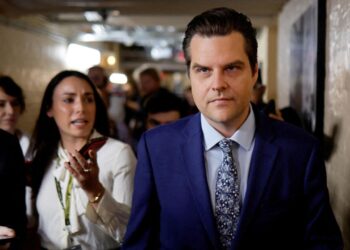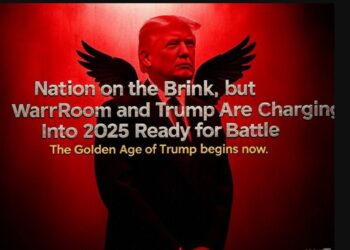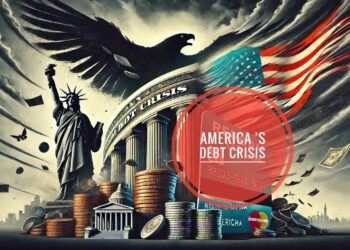Steve Bannon, on his Friday War Room program, delivered a fiery commentary on the shifting political and cultural landscape in America. His central theme: the rise of a populist-nationalist movement, deeply rooted in America’s working and middle class, is challenging the established order.
Bannon began by criticizing the overemphasis on intelligence as defined by credentials and academic success. "The system overrates intelligence,” he argued. Success in school doesn’t equate to success in life. He pointed out that ordinary Americans, including those with just a high school education, have demonstrated wisdom and insight that elites often overlook.
This critique led to a deeper discussion about the “credentialed class.” Bannon referenced a recent article by New York Times columnist David Brooks, who described the election as a clash between the working class and the highly educated elite. Bannon emphasized that this credentialed elite—graduates of law schools, business schools, and other institutions—often sees itself as superior, aligned more with global elites in cities like London and Paris than with their own countrymen.
"They think they’re better than everybody else,” Bannon said. "They don’t respect the people who actually make this country run.” He argued that this groupthink among elites creates a disconnect from the struggles of everyday Americans.
Bannon also highlighted the global appeal of populist leaders like Donald Trump. "The Chinese people call Trump a nation-builder,” he said. He explained that this reflects Trump’s commitment to rebuilding America in the interests of its people, much like other nations seek leaders to focus on their own prosperity.
At the heart of Bannon’s message was a concept borrowed from economists like Joseph Schumpeter: creative destruction. This process, he explained, drives innovation and renewal but disrupts established systems, making it uncomfortable for those in power. "The established order doesn’t like it,” Bannon remarked. "They can’t handle the disruption.”
He linked this idea to the broader populist movement that began after the 2008 financial crash. Bannon noted that history shows financial crises often lead to populist uprisings as people demand accountability and reform. The Tea Party movement and Trump’s rise, he argued, were natural responses to the economic dislocation and betrayal felt by many Americans.
Bannon criticized elites for dismissing Trump’s supporters as “deplorables,” fascists, or worse. This disdain, he said, reflects their failure to understand the values that resonate with ordinary Americans—faith, family, work, and sovereignty. "America is not an idea,” he declared. "America is a country. We have a border. We have sovereignty. We are a nation.”
Looking ahead, Bannon pointed to Trump’s vision of deconstructing the “administrative state,” a fourth branch of government that he believes has grown beyond the intentions of America’s founders. He invoked the revolutionary spirit of the Constitution’s framers, arguing that their vision of liberty and opportunity must be restored.
"This fight is about freedom,” Bannon concluded. "We’re going to take apart the administrative state brick by brick and return to what this nation was meant to be.”
With his characteristic intensity, Bannon painted a stark choice for America: a future defined by globalist elites or one led by a populist movement that prioritizes the nation and its people.




